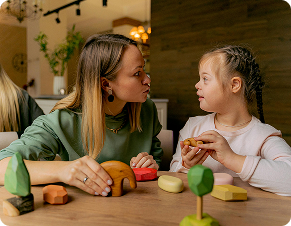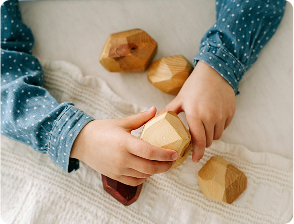At Lionwill Behavioral Health, we believe that education and access to the right tools are essential for lasting progress. Our carefully curated resources provide valuable insights, practical strategies, and professional guidance to help individuals, families, and caregivers navigate behavioral challenges with confidence.
Stay informed with expert-written content on various behavioral health topics, including:




ABA therapy benefits individuals across all stages of life, from early childhood to adulthood.
The duration of ABA therapy varies based on individual needs, goals, and progress. Some individuals may benefit from short-term, focused intervention, while others may require ongoing support over several years.
Progress is regularly assessed, and therapy plans are adjusted to ensure the best outcomes for each individual.
Parents and caregivers play a vital role in supporting ABA therapy at home by:
Active involvement helps reinforce learning and promotes long-term success.
At Lionwill Behavioral Health, we are more than just therapists—we are partners in your journey to success. Whether you’re seeking support for yourself, your child, or a loved one, we’re here to help every step of the way.